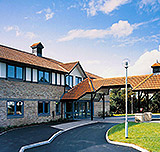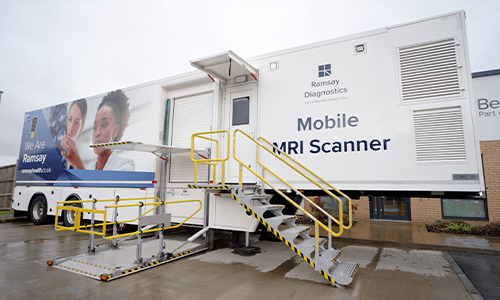Clinical neurophysiology is the diagnosis, management and monitoring of neurological disease. It also involves function monitoring during brain, spinal cord and peripheral nerve surgical operations.
If your doctor recommends you to see a neurophysiologist for specialised tests and procedures, Ramsay’s specialised neurology multi-disciplinary teams are here to help.
Highly skilled clinical neurophysiologists work alongside neurologists and neurosurgeons to investigate a wide range of symptoms and plan treatment for neurological conditions. These include epilepsy, trapped nerve and nervous system disorders. They offer convenient appointments without waiting at a Ramsay hospital near you.
From ongoing headaches, numbness and tingling, seizures to problems sleeping, our clinical neurophysiologists can diagnose your symptoms and aid in your treatment.
We can provide ongoing monitoring and specialised care for a brain or nervous system condition or disease, such as Parkinson’s disease or multiple sclerosis.
All Ramsay hospitals follow strict infection control protocols to keep you and our staff safe whilst visiting.











